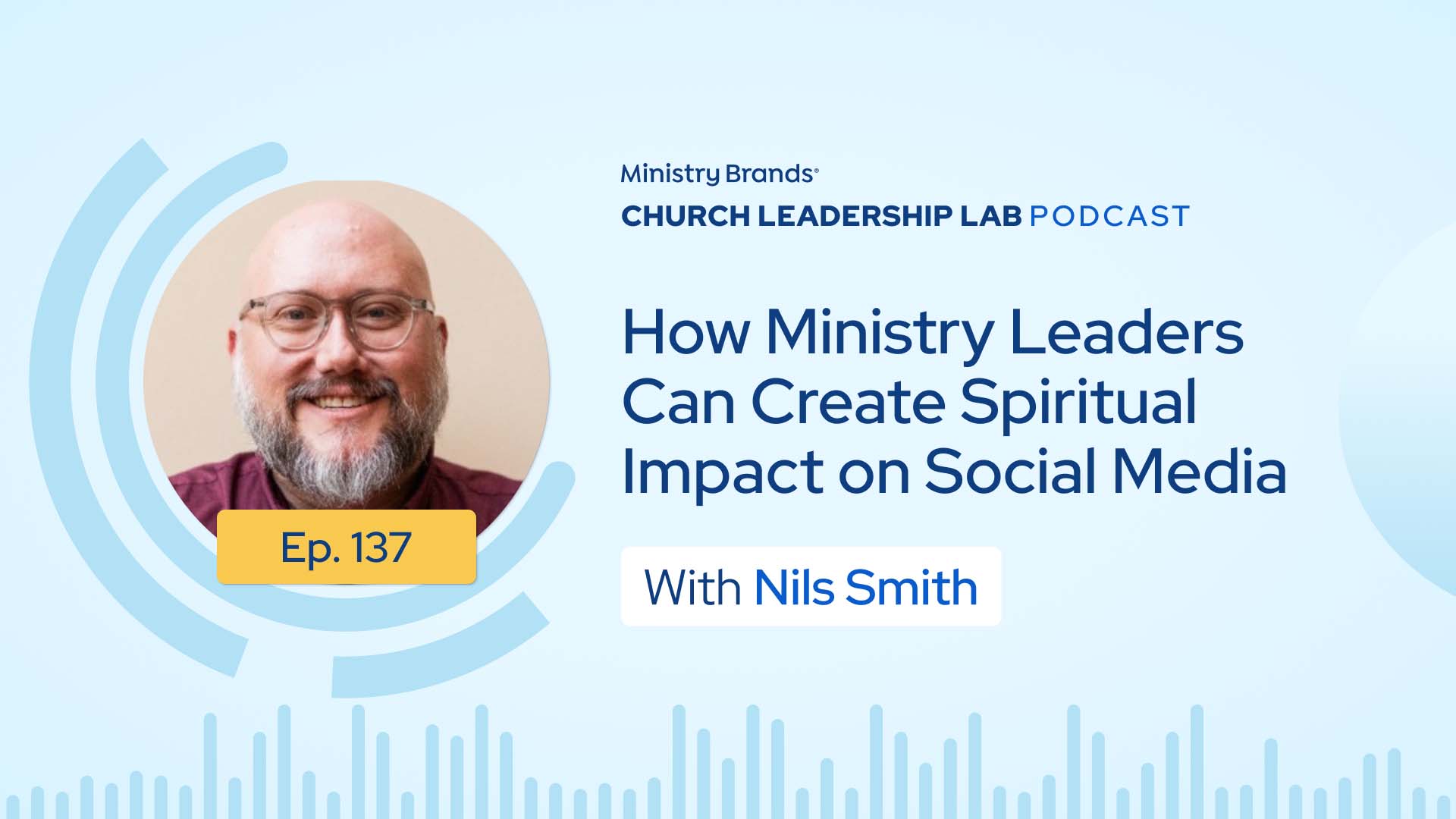What is Legacy Giving? Complete Comprehensive Guide
Legacy giving, known as planned giving, is a way for people to help charities after they die by leaving gifts in their wills or trusts. Donors are able to make a real difference in projects they care about while getting financial benefits like tax breaks. Donating a legacy helps churches and nonprofits stay stable over the long term, so they are able to carry out their purpose for future generations.
What is Legacy Giving?
Legacy giving is all about leaving a gift to charity as part of the estate plan. It goes through a will, a trust, or naming a charity as the recipient of the life insurance policy. Allowing contributors to make sizable donations that are consistent with their interests and values is its goal. Legacy giving is important because it helps nonprofits in the long run, making sure they can stay in business and safely planning for future projects.
How does Legacy Giving work?
Legacy giving works by including donations to charity in a person's will, trust, or retirement account names. Donors choose the charity they want to help and the kind of gift they want to leave, like money, property, or stocks. The process lets people make big donations without affecting their ability to pay their bills during their lifetime, leaving a legacy of kindness.
Why do Churches pursue Legacy Giving?
Churches pursue legacy giving to make sure they have long-term financial security, support future ministry projects, and grow their purpose. Asking members of the congregation to leave the church a gift in their helps churches pay for building repairs, social programs, and community services. Legacy giving encourages people to be generous and let churches recognize the long-term gifts of their members.
How to Start Legacy Giving?
- Set program goals by thinking about how endowments, scholarships, capital projects, and other legacy gifts help the organization's long-term purpose and meet specific needs. Setting clear goals helps potential donors understand what the program is trying to do.
- Educate the team by teaching leaders and staff the basics of legacy giving, such as the benefits for givers and legal issues that come up. It guarantees that the team is going to be able to answer queries with self-assurance and help donors through the process.
- Set clear rules for taking, managing, and using legacy gifts to make sure that everything is clear and that people are held accountable. Concerns about ethics and following tax rules must be part of policies.
- Make marketing materials by writing brochures, web content, and videos that show the benefits and options for leaving a legacy. Tell stories to show how donors' contributions make a difference and get more people to join.
- Work with estate planning professionals to make sure that donors get the right paperwork and advice from legal and financial experts. These connections help build trust and make the process easier for people who want to contribute.
- Honor legacy donors by starting a program, like a legacy society, to thank them for including your group in their plans. It makes people feel good and encourages others to join in.
What are the Types of Legacy Gifts?
The types of legacy gifts are listed below.
- Charitable Endowment: A charitable endowment is a long-term fund where the capital is invested and the interest is used to support the cause. It makes sure that long-term projects have a steady stream of money coming in.
- Bequest Through Will or Living Trust: Donors say in their will or trust that a certain amount of their estate must be given to the group. It is an easy way to leave a gift that is not harmful to the present finances.
- Life Insurance Donations: People who give money to a group name it as the beneficiary of their life insurance policy. It makes it easy for them to give more than they had the ability to before.
- Donor-Advised Funds: Donors set up a fund from which they are able to provide money to organizations over time. Donor-advised funds give people options and let families help make decisions.
- Charitable Gift Annuities: People give money or other assets to a charity in exchange for predictable payouts for life. Charitable gift annuities are good for both the giver and the charity.
- Charitable Balance Trusts: The charitable balance trust or known as charitable remainder is all about placing assets in a trust, with the donor receiving income throughout their lifetime and the balance going to the organization. Giving back to the community and planning the finances together.
- Charitable Lead Trusts: Charitable lead trusts are when remaining assets pass back to the donor's heirs after a predetermined amount of time, during which the organization earns income from the trust. There are potentially big tax benefits to doing it.
- IRA or 401(k) Donations: Donors name the organization as the beneficiary of their retirement accounts. It lets the organization receive gifts that are not taxed and go toward the cause.
Can Money be used as a Legacy Gift?
Yes, money can be used as a legacy gift, usually in the form of cash bequests or specific bank accounts in an estate plan. Giving money as a gift gives donors options because it is able to be put toward specific projects or foundations. Donors are guaranteed to make a lasting impression that is consistent with their ideals using the legacy gift approach.
Are Legacy Gifts tax-free?
Yes, legacy gifts can be tax-free both the donor and the organization receiving the gift does not have to pay taxes on the gift. Donors are sometimes able to get tax breaks on their estate taxes, and nonprofits gain from the donations not being taxed. Planning ahead and understanding the IRS rules for church donations makes sure that everyone gets the most money imaginable.
Can Legacy Gifts be donated through Online Giving?
Yes, legacy gifts can be donated through online giving platforms that allow donors to designate planned contributions. There are many sites that let donors set up recurring donations, endowment funds, or bequests. It makes it easier to leave a legacy and gives more people the chance to do so.
What are the Benefits of Legacy Giving?
The benefits of legacy giving are listed below.
- Long-Term Support: Makes sure the group has enough money to meet its needs and grow in the future.
- Makes a Lasting Impact: It lets donors leave a legacy that is important and connected to their values.
- Provides Tax Benefits: Lowers estate taxes and gives donors' heirs cash benefits.
- Strengthens Relationships with Donors: It helps donors and organizations get closer.
- Encourages Planned Giving: Planned giving is encouraged by encouraging strategic, well-thought-out donations that are in line with the goals of both the donor and the group.
Are there Downsides to Legacy Giving?
Yes, there are downsides to legacy giving, like making estate plans more difficult and the chance of legal battles between heirs. Organizations must handle these gifts responsibly to avoid misusing them or damaging their image. These problems are easily mitigated with clear communication and strong rules.
Is the Legacy Giving Program worth it?
Yes, a legacy giving program is worth it for groups that want to keep getting money and build stronger relationships with donors. Legacy giving helps a group carry out its mission for future generations by providing long-term funding and respecting the donor's wishes.
What is the difference between Legacy Giving and Planned Giving?
The difference between legacy giving and planned giving lies in how much they give and when they give it. Legacy giving is when someone leaves money to a charity through their will, and the charity receives it after the giver dies. Planned giving includes a wider range of gifts, such as one-time gifts that are set up to have a big effect in the future.
How can Ministry Brands assist with the Legacy Giving Program?
Ministry Brands can assist with the legacy giving program by offering donors information, managing planned gifts, and making the process easier. Ministry Brands platforms let users change how they give money online, how donors are recognized, and how reports are made. It implies that churches and nonprofits are able to quickly obtain and handle legacy gifts.




